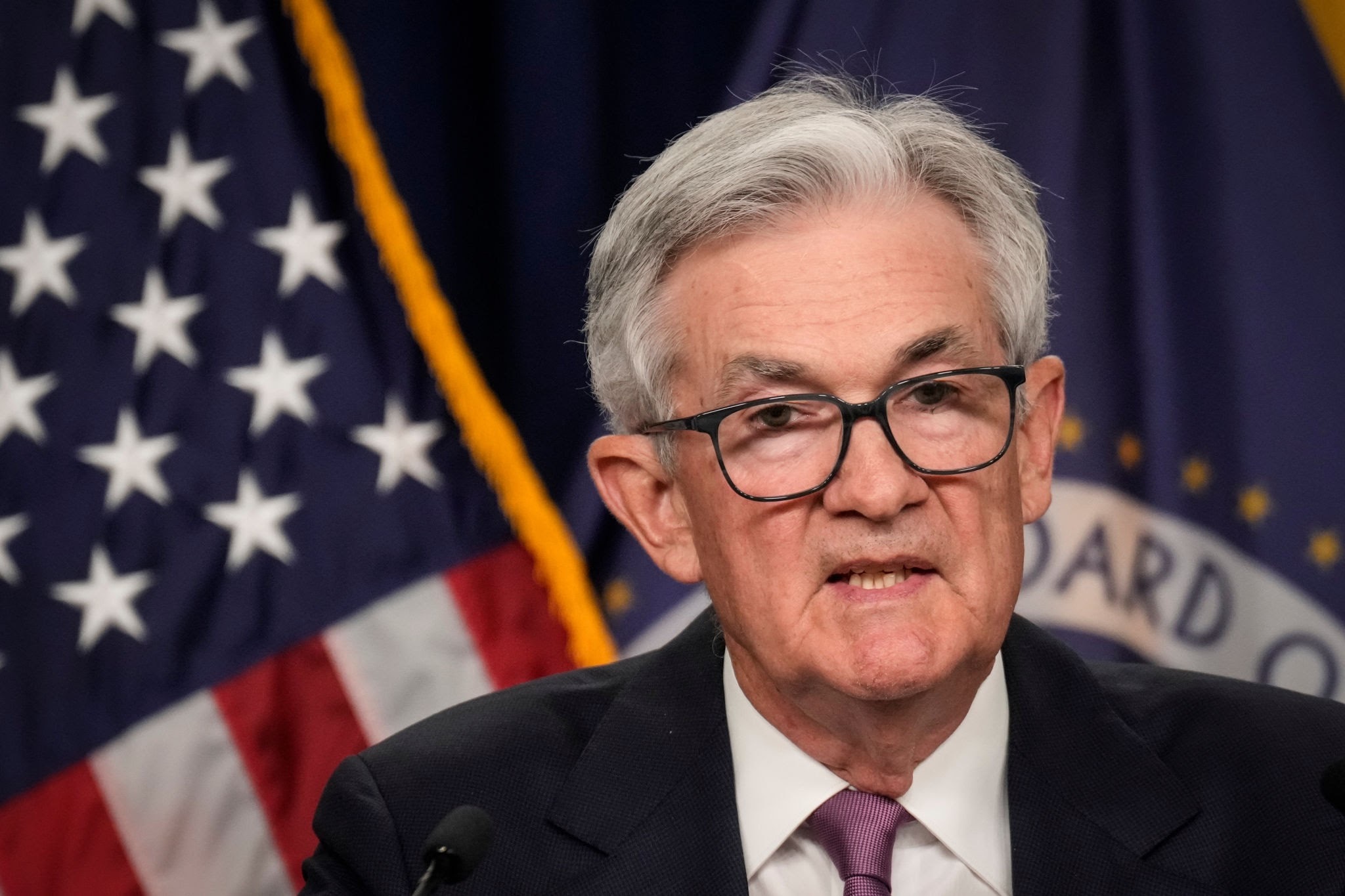Federal Reserve Chairman Jerome Powell delivers a speech on monetary policy to business leaders in the Dallas-Fort Worth area. Powell's speech will be followed by a question-and-answer session.
Here are the most important sections from Powell's speech:
(New additions will be made as the conversation continues, you can access the most up-to-date information by refreshing the page)
- The economy is not sending signals that the Fed should be in a hurry to cut interest rates.
- Policy will gradually adjust to a neutral level, but the policy path is not predetermined.
- Inflation is expected to continue to fall towards the 2% target, but there may be a “fluctuating” course during this process.
- The Fed is determined to complete its mission of controlling inflation.
- A strong economy allows the Fed to make prudent decisions.
- The labor market is robust and inflation is moving toward a sustainable 2% path.
- The US economy has performed very well recently.
- The labor market has cooled enough that it no longer creates significant inflationary pressure.
- The Fed will be watching inflation data closely as it compares to its forecasts.
- We do not take into account the interests of any political party when making decisions.
- The Fed's independence means that its monetary policy decisions cannot be reversed or reviewed (by the U.S. government or Congress).
- Political factors may become a disturbing factor.
- The Fed has a responsibility to explain our policies to the public and Congress.
- The credibility of the FED is critical to our work.
- It is too early to assess the impact of Trump's policies.
- We have time to assess the net impact of policy changes before responding to them.
- Analysis will be done before this (policy change) and we will be cautious about policy adjustments until we have more certainty.
- The US debt situation is unsustainable and needs to be resolved quickly. The bond market is doing well.
- In the event of financial instability, the Fed can use its emergency tools.
- Changes in government policies generally do not have an immediate impact on the Fed's ability to achieve its goals.
- We reserve judgment on the impact of the new policy for now. It is important to wait and see how the actual situation develops.
- The policy is restrictive.
- It is not possible to determine the extent to which current policies are restrictive.
- We have begun the process of reducing interest rates and are moving towards a neutral interest rate. We must be patient and cautious in finding the neutral interest rate.
- It is necessary to proceed with caution.
- As we move closer to a reasonable range for the neutral interest rate, we may need to slow our current pace of action.
- If the data allows us to slow down, it would be a wise choice.
- The PPI data released today showed a slight upward fluctuation.
- However, we still believe that we are on the right track in terms of inflation.
- We must be mindful of risks and avoid moving too quickly or excessively.
- However, we should not forget that the risk we may face is that our actions are not enough.
- Our policy is well positioned. We have room to lower interest rates if necessary.
- We must be cautious about lowering interest rates.
- I will definitely complete my term as FED Chair.
The comments come a week after policymakers decided to cut the key interest rate by another quarter point, or 25 basis points. That followed a half-point cut in September, leaving the federal funds rate in the 4.5%-4.75% range.
*This is not investment advice.










